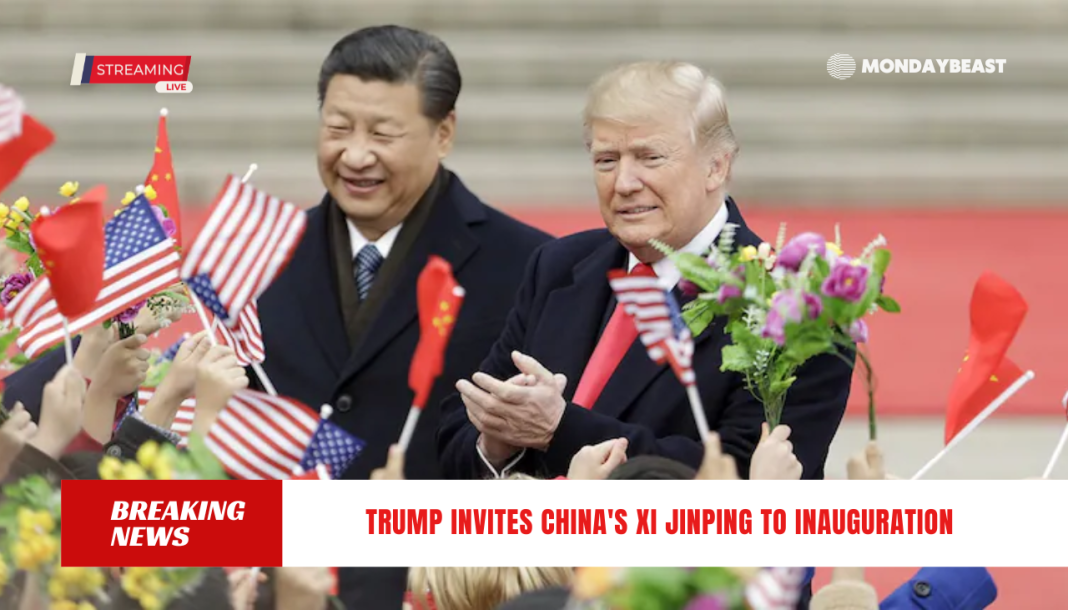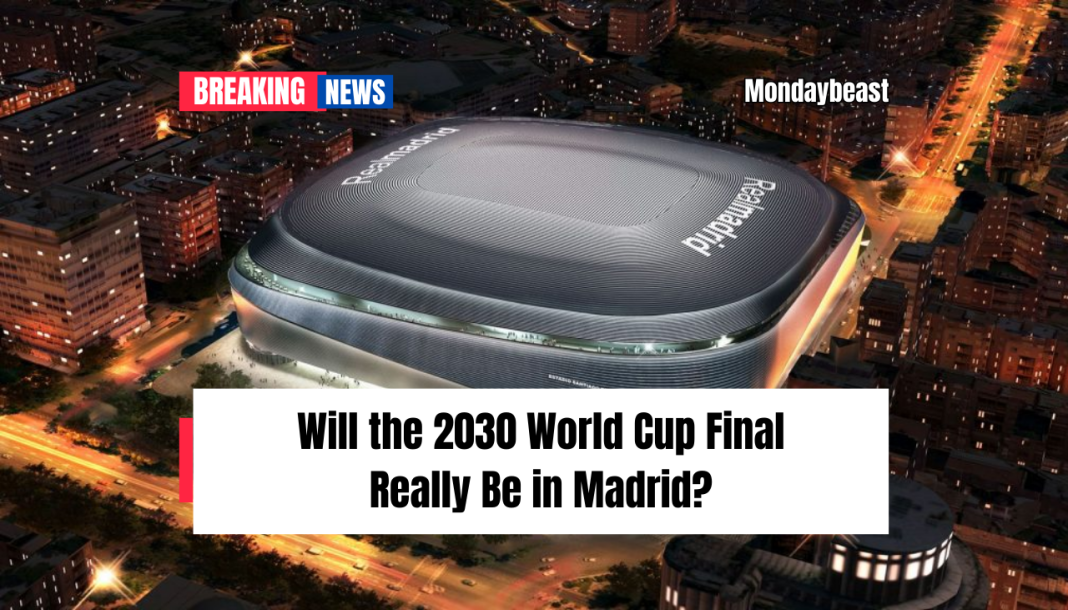Trump’s upcoming inauguration is sparking both curiosity and caution on the global stage. With an invitation extended to Chinese President Xi Jinping, many wonder if this could signal a shift in U.S.-China relations. What does this mean for the world?
The invitation came just after Trump’s victory. It suggests a willingness to engage with leaders who might not align with traditional U.S. values. But will Xi accept? As of now, there is no confirmation from the Chinese embassy. There is plenty of speculation, though.
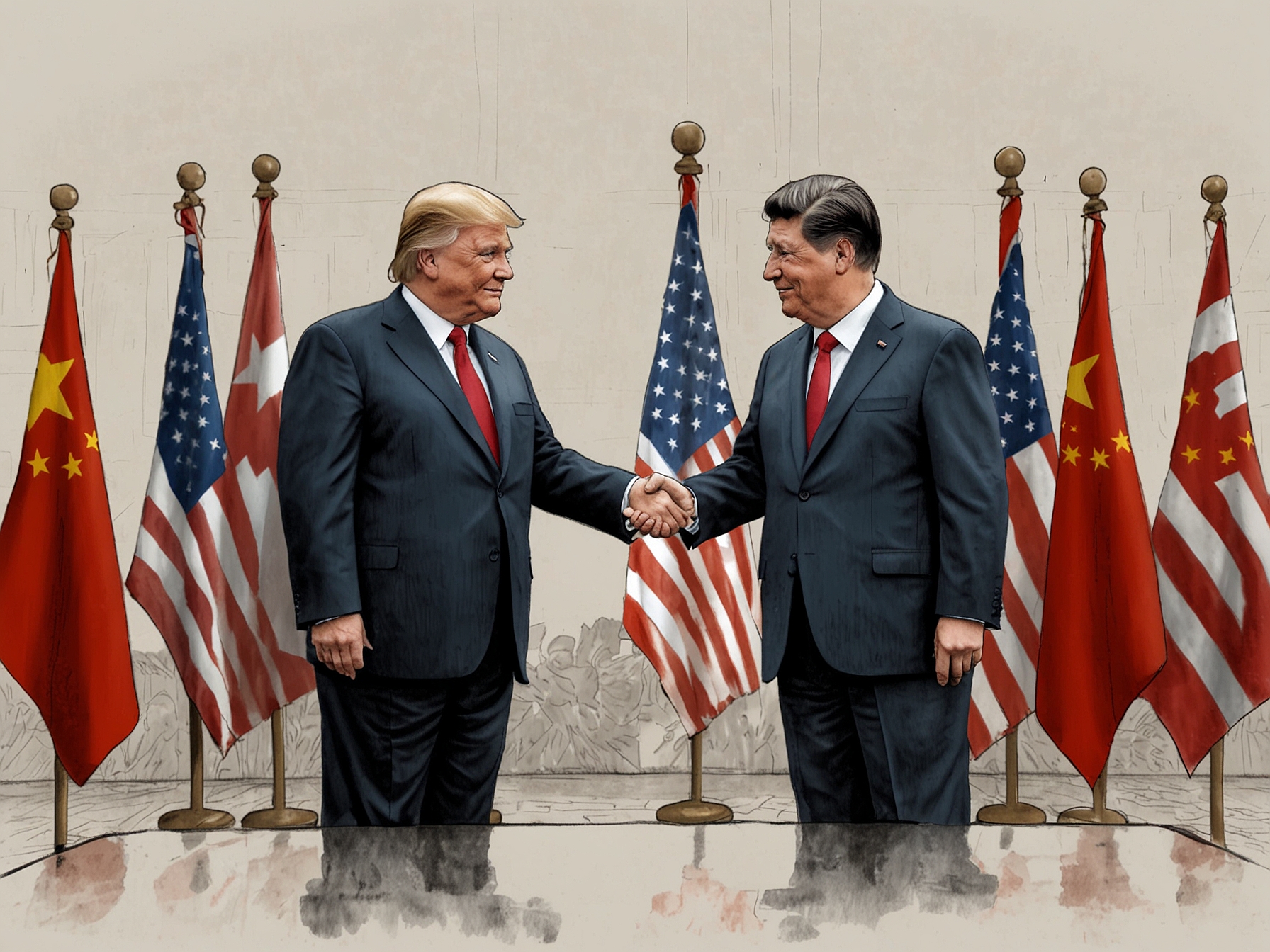
The political climate in the U.S. is complex, especially with China’s rise. Trump’s team, including figures like Marco Rubio, remains critical of Xi’s government. They are aware of the national security risks posed by China’s strategies.
So, how could a meeting between the two leaders transition from mutual suspicion to collaboration? At the same time, Trump’s view on foreign relations is pragmatic. He believes in the power of personal connections for international negotiations.
This idea of ‘leader-to-leader’ relationships could pave new avenues for dialogue. Already, we see world leaders like Canada’s Justin Trudeau visiting Trump at Mar-a-Lago. But not all global leaders are eager to meet with the president-elect.
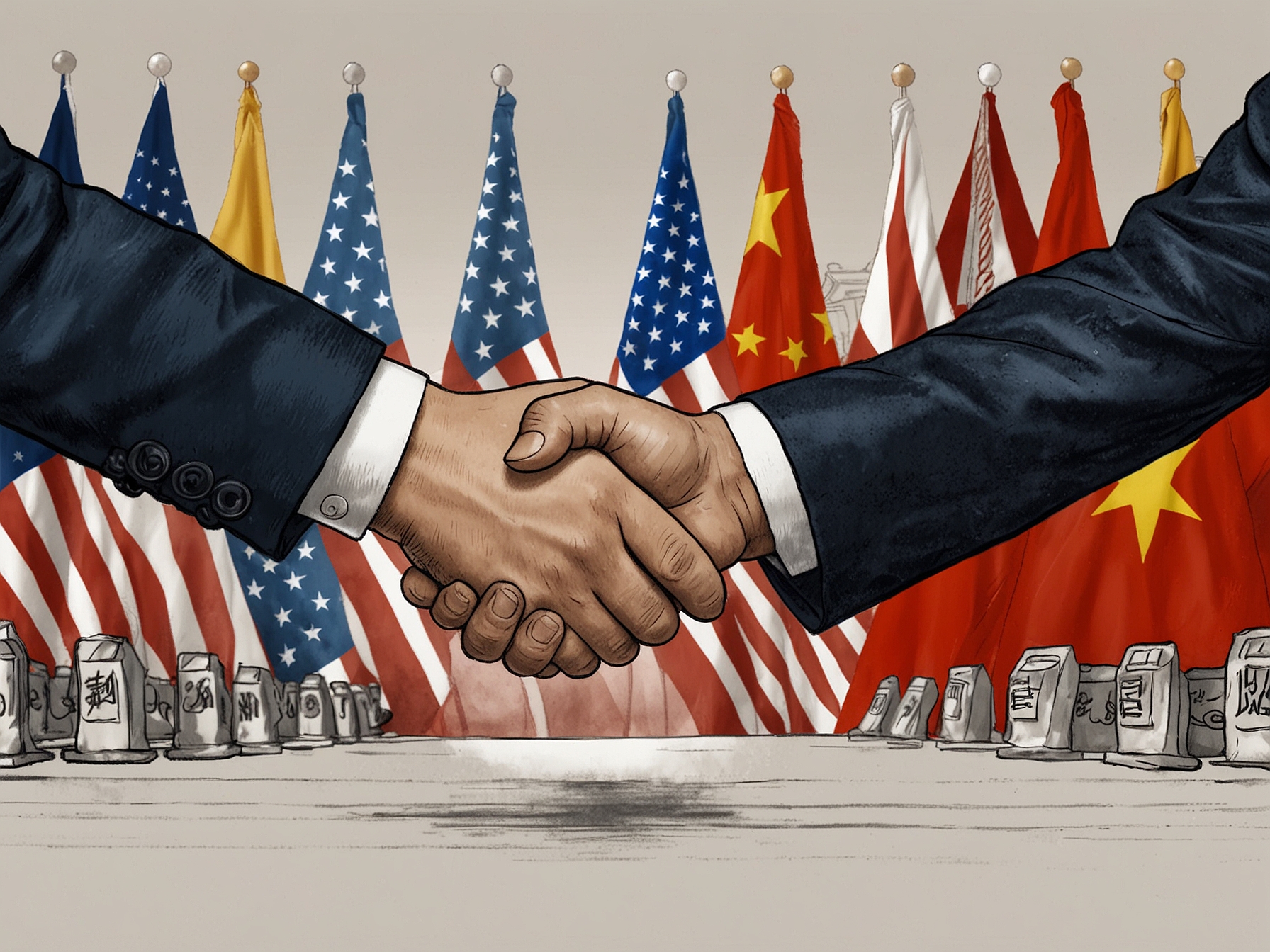
Hungary’s Prime Minister, Viktor Orbán, is still undecided about attending. His popularity is challenged domestically, putting added pressure on any international engagements. The contrast highlights that not all relationships are straightforward.
The stakes are high with events happening fast. Notably, Trump is weighing tariffs against Chinese imports. He is vocal about the need for a strong stance against China’s trade practices.
But negotiations take time. As the inauguration approaches, tensions are rising. Will it be more than a ceremonial event?
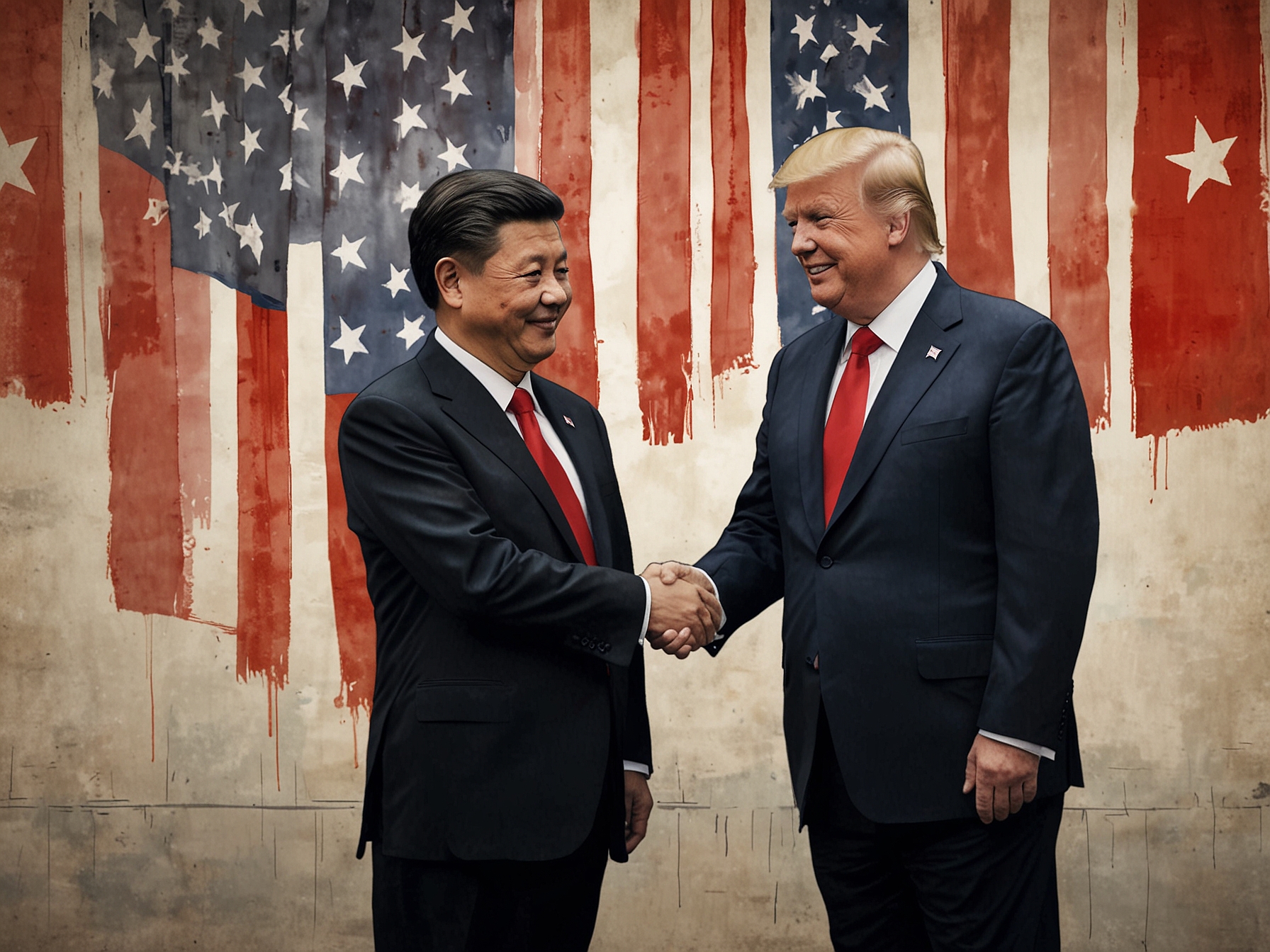
Or can it be a groundbreaking moment for U.S.-China relations? The layers of geopolitical strategy add intrigue to Trump’s invitation, raising questions that may take years to clarify. Historically, foreign dignitaries have graced the inauguration stage.
But having a standing leader is unprecedented. This could change perceptions of U.S. leadership globally. And how will Xi respond if he attends?
The anticipation is palpable. The world watches closely as Trump prepares to assume the presidency yet again. Many wonder who else might join Xi at the event.
This includes leaders from Europe and beyond, eager to engage in newfound diplomacy. Perhaps, the most telling aspect of this inauguration will be the narratives that emerge. Trump’s relationships could redefine what an American presidency looks like in today’s complex world.
The future of U.S. foreign policy hangs in the balance, waiting for inauguration day.

